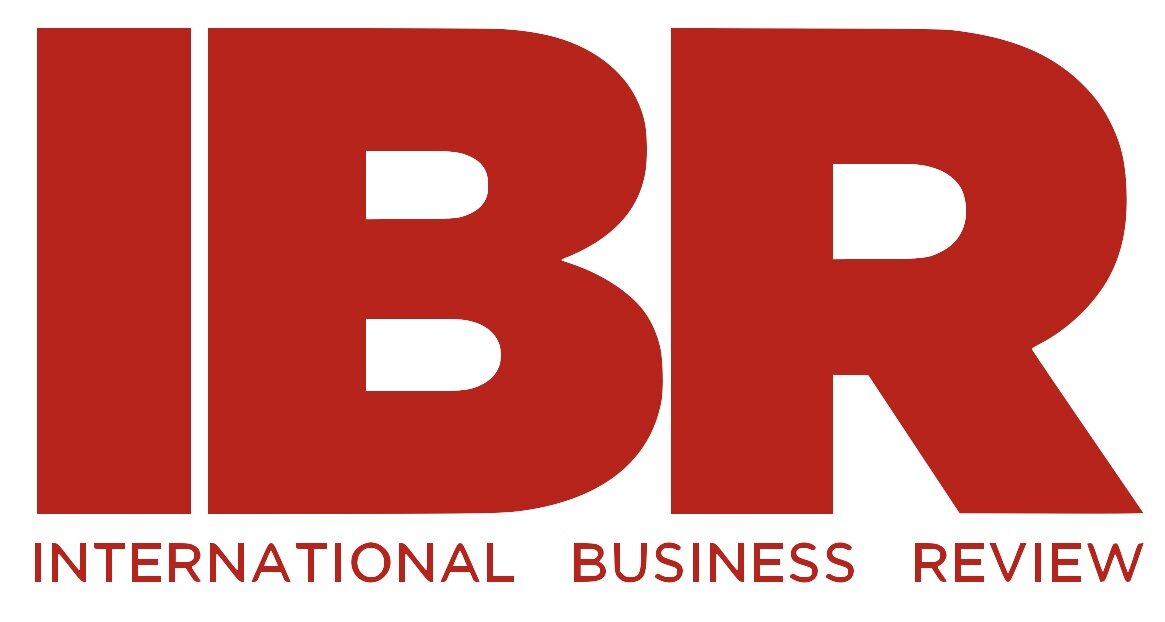How the Challenges U.S. Firms Face in China Could Affect Tesla by Aria Eghbali C’23
With China being the fastest-growing trillion-dollar economy and the second-largest economy in the world, many U.S. firms look towards China as an immense opportunity for growth. However, several regulatory, legal, and cultural barriers such as unsubstantiated regulatory claims and consumer expectations may be problematic for expansion into the Chinese economy.
China also has the largest and fastest-growing electric vehicle (EV) market in the world, selling close to 1.18 million EVs in 2019 compared to the 330,000 sold in the U.S. Additionally, China has plans to grow its EV market from five percent of total vehicles sold currently, to 50 percent by 2025. As a result, China is extremely appealing to U.S.-based EV companies, such as Tesla.
Tesla has heavily invested into expansion in China, totaling an estimated five billion dollars, mostly directed towards building a Tesla Gigafactory in Shanghai. This Gigafactory will have the production capacity to manufacture 500,000 vehicles a year. Establishing a factory in China will allow Tesla to be competitively priced among other Chinese EV companies, as it will be able to avoid the high tariffs imposed on U.S. companies, which are only expected to increase due to the ongoing U.S.-China trade war.
On the night of October 22, 2020, the China State Administration for Market Regulation (SAMR), China’s regulatory arm for product safety, announced Tesla’s recall of nearly 50,000 Model S and Model X vehicles manufactured in the U.S. due to alleged safety concerns over the front and rear suspensions. This prompted the concerned National Highway Traffic Safety Administration (NHTSA), the U.S.’s regulatory body of vehicle safety, to inquire about the allegations. Tesla responded to the NHTSA stating that it disagreed with SAMR claims of safety, however, it had issued the voluntary recall instead of challenging China’s regulatory system as it didn’t want to carry the “heavy burden through the Chinese administrative process”.
The letter to the NHTSA then continued by stating that the suspension problems reported are extremely rare, occurring in only 0.05 percent of vehicles outside of China and 0.1 percent of vehicles in China. Tesla blamed Chinese drivers for the discrepancy in the frequency of the problem between China and other markets. Speculating that driver abuse and “expectation for damageability” to be the core causes of the reported problems. While this may have been due to a lack of consideration for the cultural difference in driving and other external factors such as road conditions in China, Tesla maintained its position that no substantial evidence of a product defect existed that would warrant a recall.
In addition to China’s cultural barriers of entry for foreign companies, China has also been known to favor its own domestic firms over U.S. based companies. This was a key aspect of the trade negotiations between the U.S. and China, as the Chinese government has direct influence and provides direction to many of its domestic companies while also providing subsidies and using the state-controlled banking system to provide government-directed credit. According to Patrick Chovanec, chief strategist at Silvercrest Asset Management, it is not uncommon for the Chinese government to favor domestic firms through its regulatory bodies and policies, citing “slow down of inspections” and “it’s for safety” as reasoning for unsubstantiated regulatory decisions against a foreign firm in China.
China has shown a clear interest in the EV industry having provided over $4.5 Billion worth of subsidies to both domestic and foreign electric car start-ups such as Tesla, NIO, Xpeng, and BYD. Recently, NIO, a Chinese EV startup that is listed on the New York Stock Exchange (NYSE), has been the focus of investors with the stock being up 2,386 percent in the past year as of market closing on November 16, 2020. NIO’s EVs are manufactured exclusively by state-owned JAC Motors, instead of the company operating its own production facilities.
It is unknown whether China will use pressure from its regulatory bodies to favor NIO or other domestic firms over Tesla, but investors should be wary of the cultural and regulatory issues that may arise as Tesla expands into the Chinese EV market.
Aria Eghbali is a Sophomore in the College of Arts and Sciences majoring in Cognitive Science and Computer Science. He is also involved in AI@Penn and the Wharton Undergraduate Finance Club. He is interested in the intersection of technology and business, and has a passion for investing.

